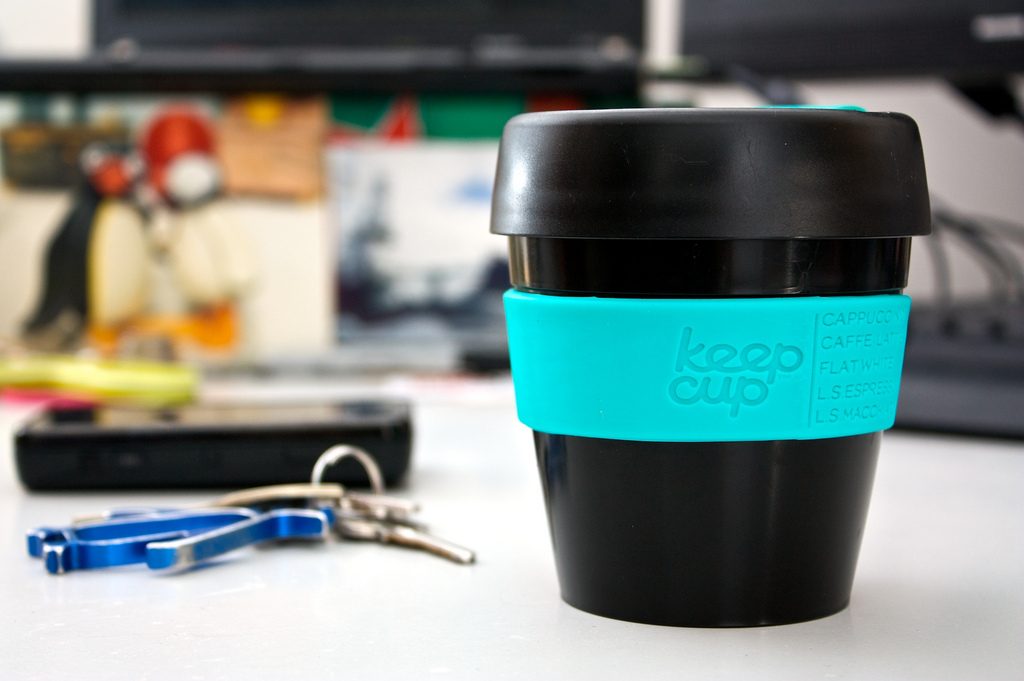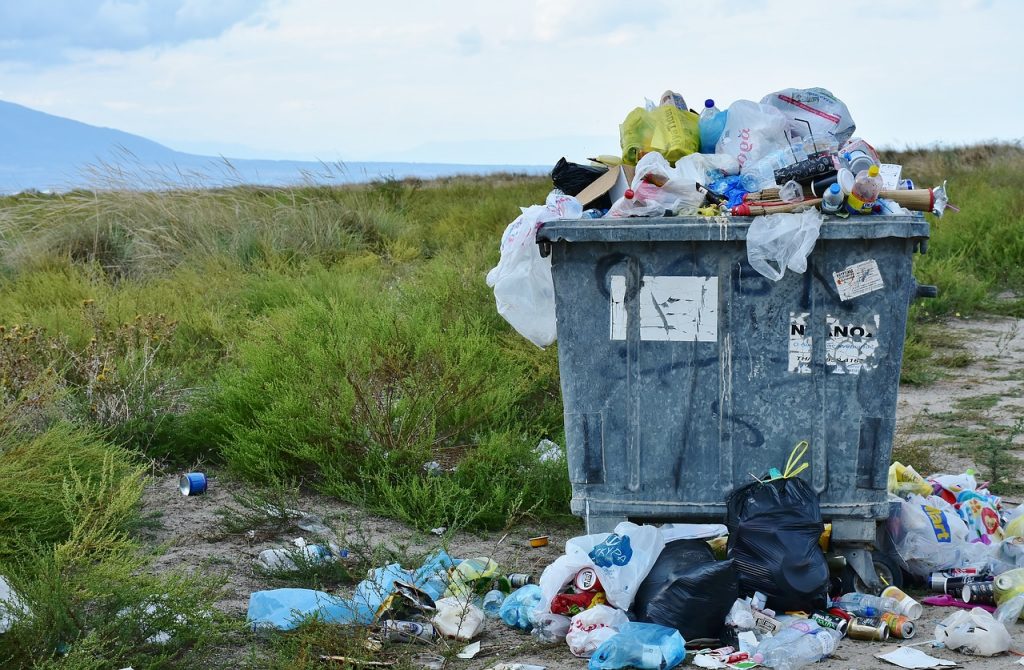Plans to introduce new levies on single-use plastics and waste

The Government looks set to push forward with a series of new environmental levies to encourage behavioural change and bring in additional funding to tackle waste blackspots.
Speaking this morning, the Minister for the Environment Richard Bruton TD announced a number of proposed levies to crackdown on single-use plastics, landfill and incineration use and takeaway waste. The plans will soon go out to public consultation.
Notable levies now planned for introduction in 2020 and 2021 include:
- A latte levy on disposable cups somewhere between 10c and 25c
- Plastic Bag Levy increase from 22c to 25c
- Increase in the Landfill Levy by €5 per tonne to €80 per tonne;
- €5 per tonne Waste Recovery Levy for incineration and waste exports
The Government also plans to introduce a levy on take away food containers by 2023 and on food packaging in retail outlets at a yet to be determined date.
Mr Bruton said that a coffee cup levy has “clear benefits for the environment, when you consider that 22,000 disposable coffee and teacups are used every hour”.
“Our first response must be to reduce the amount of waste created in the first place,” he added. Questions in relation to pricing will be included in the public consultation process.

Move in the right direction
Dr Sarah Miller, the CEO of the Rediscovery Centre, said that such financial instruments are “necessary to support behaviour change and stimulate growth in the Circular Economy”.
“Waste recovery levies and increases in the landfill levy, if appropriately applied, support the reuse and repair sector, which is much needed in Ireland,” she added.
The Environmental Pillar – a coalition of national environmental groups – also welcomed the move, stating that it has been calling for greater urgency from the Government on this issue for years.
The Pillar said that the fact that Mr Bruton did not differentiate between disposable, recyclable and compostable beverage cups for the “latte levy” is a big change from the Cabinet’s previous position.
In April 2018, the former Minister for the Environment, Denis Naughten TD said that the Government did not plan to introduce a levy on single-use compostable coffee cups as retailers move to introduce compostable cups.
Compostables require commercial composting to biodegrade and most end up in general landfill due to a lack of public awareness on how to properly dispose of them. They can also contaminate recycled paper streams and can end up in incineration alongside traditional disposable cups.
While we are still a “long way off reducing the amount of waste packaging generated” in Ireland, the Pillar’s Mindy O’Brien said that it is welcome to see the Government pick up on many of the environmental movement’s proposals that could “put Ireland on the path to becoming a genuine leader in tackling litter and plastic pollution”.
“We also need to make sure that we take a holistic approach to this issue and that we are not going to go from single-use plastic to single-use paper, single-use compostable, single-use something else,” she added.
Ms O’Brien said that cafes should still be encouraged to offer discounts to customers for using their own cups as a combination of a carrot and stick approach is proven to be the most effective method of encouraging behavioural change.
The Pillar also welcomed Mr Bruton’s assurances that all revenue raised from levies will go into the Environment Fund for the likes of waste prevention and tackling waste blackspots.
Established in 2002 and financed through the plastic bag and landfill levies, the fund has dwindled from a high of €62 million in 2011 to €44 million in 2017 as citizens change behaviour.
Deposit-return scheme
There are also calls for the Government to support a deposit-return scheme for drinks container to encourage recycling. A successful pilot scheme was recently run in Cashel, Co Tipperary.
This afternoon, Friends of the Earth Ireland (FOE) held a demonstration outside of the offices of the Department for the Environment to deliver a petition signed by almost 40,000 people in support of a nationwide scheme.
The director of FOE, Oisin Coghlan, said that the benefits of are already well established from examples in numerous EU states. In Lithuania, for example, over 1.2 billion units of plastic beverage containers have been returned since the scheme launched in 2016.
“It’s high time that we move forward and work to reduce the levels of plastic waste ending up in the environment, and move towards a more sustainable, circular economy,” Mr Coghlan said.
“We’re not going to be able to get rid of all packaging but it’s time to turn the tide on ever-increasing waves of it and to give consumers the choice and the ability and to make it as convenient as possible for us to do the right thing.”

Our plastic problem
Our throwaway culture has left us with a deluge of waste, in particular single-use plastics that are clogging our cities, rural towns and marine environment, as well as impacting biodiversity and contributing to emissions.
Ireland is currently the top producer of plastic waste in Europe, producing 61kg of plastic waste per person each year. It is estimated that every day two million disposable coffee cups are going into landfills in Ireland.
Recent figures released by Irish Business Against Litter revealed that only 16 per cent of coastal areas and waterways are clean, while numerous Coastwatch surveys have found plastic bottles at coastal sites surveyed.
Globally, humans produced 6.3 billion tonnes of plastic waste by 2015 – equivalent to the mass of 620,000 Eiffel Towers or 60 million blue whales.
Shockingly, only nine per cent of this plastic waste was recycled and 79 per cent went to landfill or found its way into the environment. The remaining 12 per cent was incinerated.
A recent study in Plos One found that plastic used in everyday items such as plastic bags are also contributing to climate change, emitting greenhouse gases when exposed to sunlight.
[x_author title=”About the Author”]







